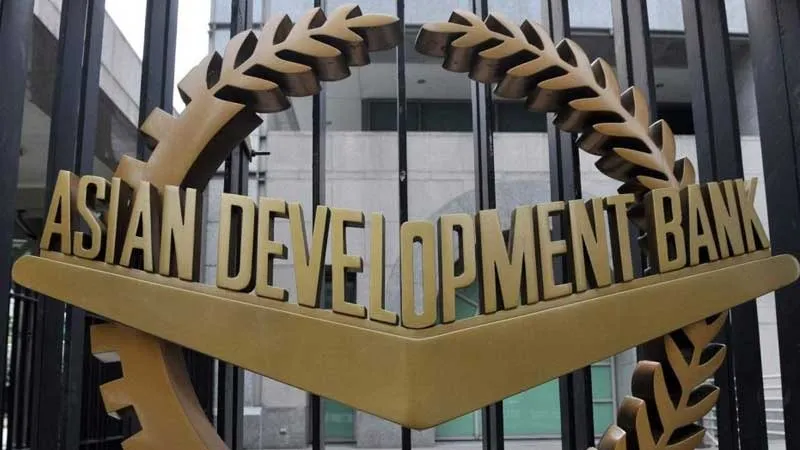MANILA: The Asian Development Bank (ADB) has issued a warning that the rapidly rising prices in Pakistan will have a spillover effect on inflation in South Asia. The ADB’s projection for Pakistan’s growth rate in FY2024 (2023-24) is 1.9%, slightly lower than the April estimate. This projection is based on several factors, including the assumption of ongoing reforms, supportive macroeconomic policies, recovery from supply disruptions caused by floods, and improved external economic conditions.
The ADB also highlighted that if Pakistan achieves political stability after the general elections later in the year, it could boost business confidence. Additionally, a new standby arrangement with the International Monetary Fund (IMF) to support economic stabilization and rebuild fiscal reserves will have a positive impact.
However, the ADB expressed concern about the soaring inflation in Pakistan, which is expected to reach an average of 29.2%. This inflation is attributed to supply shortages, continuous depreciation of the currency, import restrictions, and fiscal stimulus measures aimed at post-pandemic recovery. While some easing of inflation is expected in FY2024 due to normalized food supplies and lower inflation expectations, it is still projected to remain high at 25.0%.
The ADB emphasized the importance of Pakistan’s adherence to its economic adjustment program with the IMF until April 2024 to restore stability and facilitate gradual economic recovery. Price pressures are expected to remain elevated, and the ADB pointed out that there are significant downside risks to the economic outlook.
In the broader context of Developing Asia, the ADB revised its 2023 growth forecast slightly downward to 4.7%. This adjustment is attributed to weaknesses in China’s property sector and El Nino-related risks affecting regional prospects. However, the growth forecast for the following year was revised slightly upward to 4.8%.
The ADB noted that while external demand has weakened, domestic consumption and investment have remained strong in the region. The growth forecasts for East Asia, South Asia, and Southeast Asia were also adjusted slightly downward, with China and India expected to grow at 4.9% and 6.3%, respectively, in 2023.
The ADB highlighted that China’s property crisis presents a downside risk to regional growth. It maintained its growth forecasts for China and India at 4.5% and 6.7%, respectively, for 2024.
Although growth has been robust in Developing Asia, governments are advised to remain vigilant against various challenges, including food security. Inflation in the region is expected to ease to 3.6% in 2023 from 4.4% in the previous year, with a further slowdown to 3.5% in 2024. However, the ADB pointed out that the trajectory of interest rate policies may vary across countries in the region.


